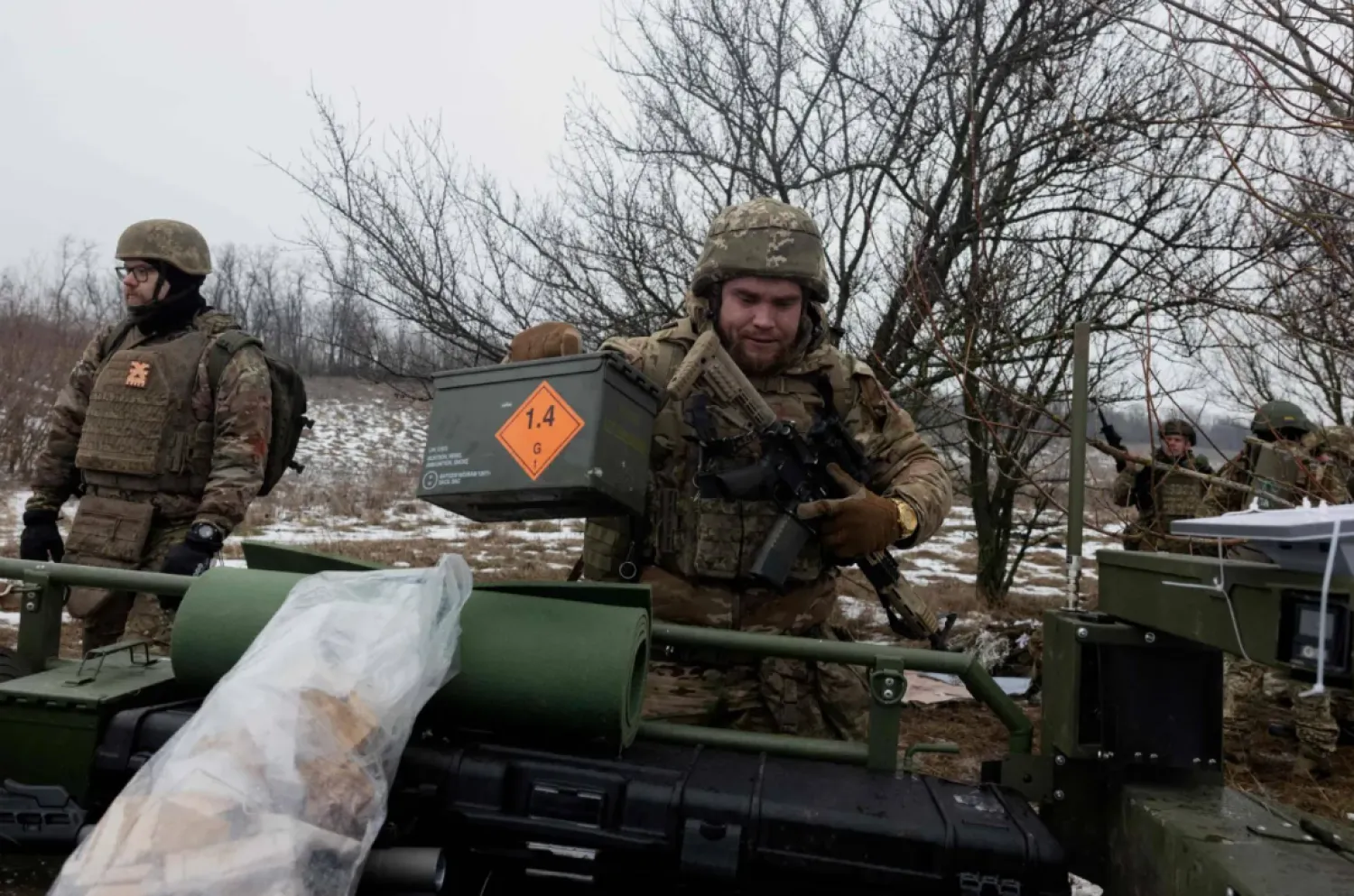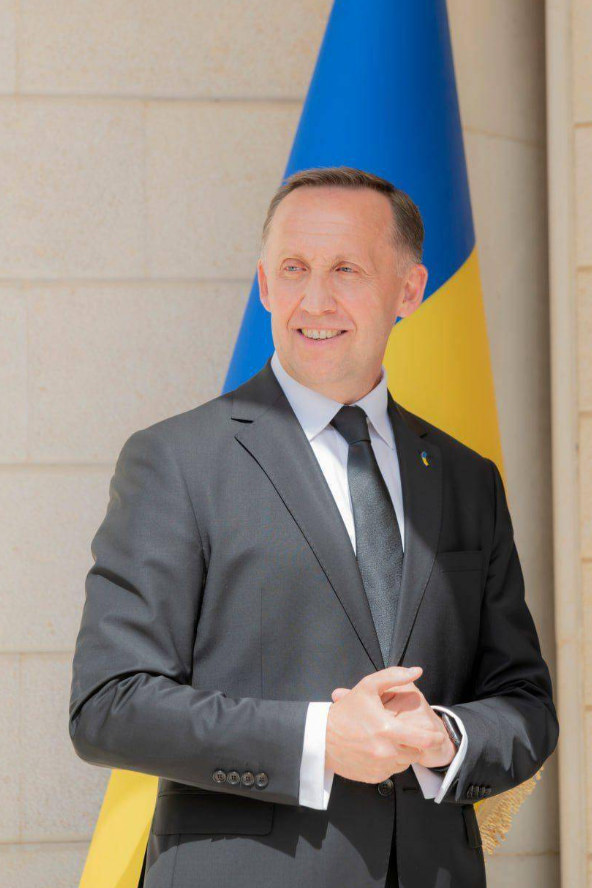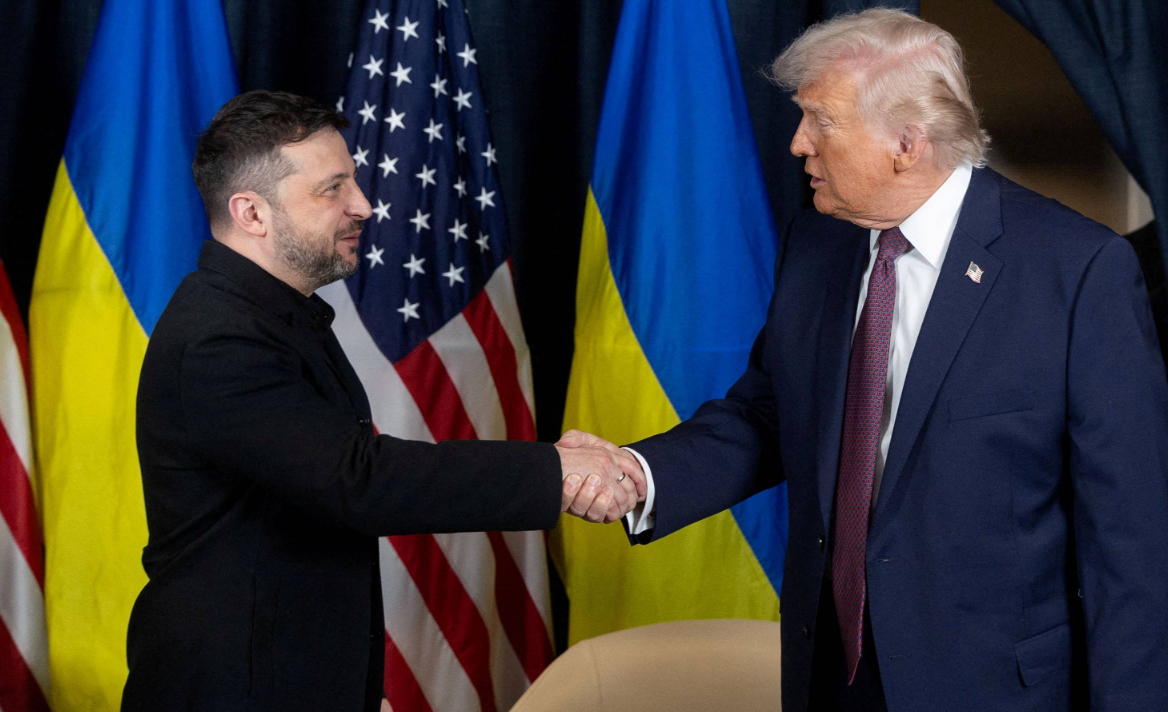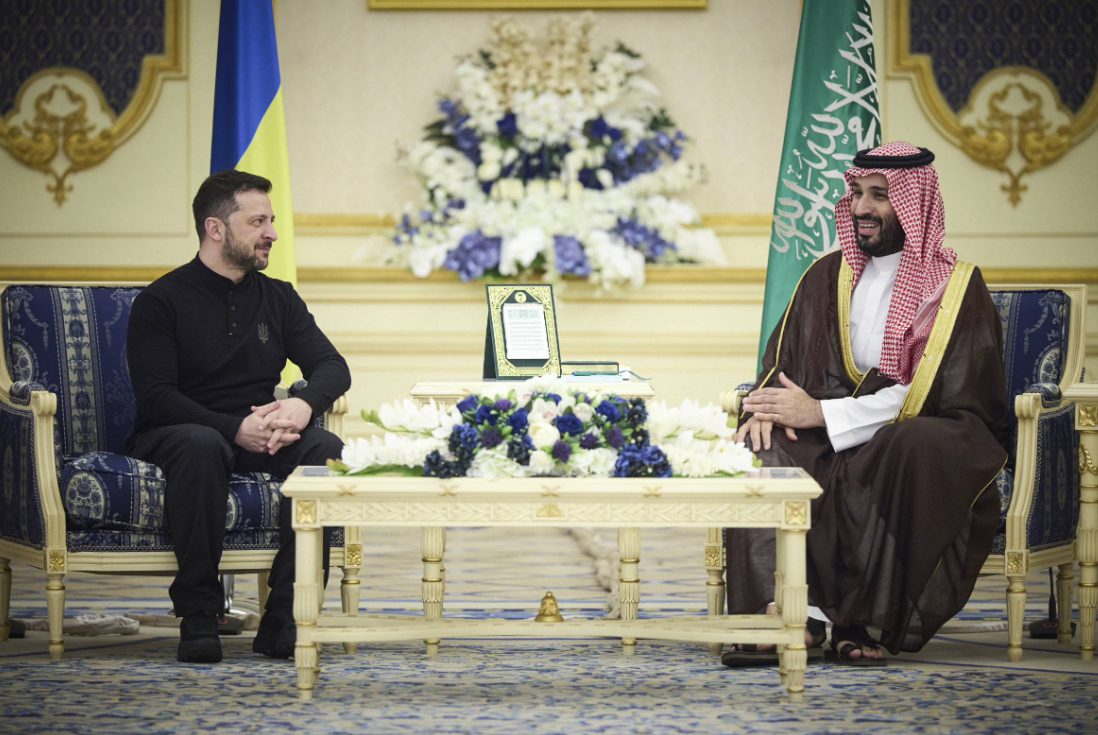French ambassador to Yemen Jean-Marie Safa said that his embassy was in contact with the Houthis, but accused the group of communicating with the world through people who do not have a decision-making capacity.
In an interview with Asharq Al-Awsat, Safa said that the Houthis’ recruitment of children have reached terrifying levels, citing UN reports.
On the other hand, he praised the efforts of the Presidential Council, stressing that the Yemeni government embodied a project of a pluralistic republican state that respects the diversity of Yemeni society and puts the interest of the people above all considerations.
According to the ambassador, the legitimate government was acting with a sense of responsibility towards its people and the international community by overcoming divisions for the common good. It also seeks to correct its mistakes and fight corruption, he underlined.
In this context, Safa pointed to a recent UN report which lauded the government’s efforts to combat children recruitment that has reached alarming levels.
The French official noted that the UN-sponsored truce was a breath of fresh air for the Yemeni people, who have been exhausted by eight years of war.
Blaming the Houthis for obstructing the extension of the truce, Safa said that their strategy was clear, which is to overthrow the government by all means.
The ambassador emphasized that ending the suffering of the Yemeni people could only be achieved through peaceful means.
In this context, he noted that the Houthis must engage in peace talks with the government under the auspices of the UN Special Envoy, Hans Grundberg.
Asked about the Houthi reaction to France’s recent condemnation of the group, Safa noted that the Houthis were trying to play the victim before the international community, stressing that this approach was no longer convincing.
He accused the group of establishing a system of terror and destroying the Yemeni society and tribal values that protect women.
Houthi regime’s violations in Sanaa are of concern to the entire international community, Safa warned, saying that some were comparing them to the Taliban movement in Afghanistan.
He revealed that the French embassy was in contact with the Houthis, saying that he had known the group for a long time. He also said that he has met with Abdel-Malik al-Houthi in February 2012, when he was serving as deputy ambassador to the European Union.
However, he noted that this communication has become more difficult due to the group’s behavior, with the Houthis imposing on the international community specific channels of discussion with people who do not have the authority to make decisions.
The ambassador went on to accuse the group of closing the door in the face of any real dialogue.
Safa said that France welcomed all ongoing efforts to renew the truce and put the political process back on track under the auspices of the United Nations.
He added that his country strongly supported the efforts of the UN Special Envoy, Hans Grundberg, and commended the endeavor of the Gulf Cooperation Council and the Kingdom of Saudi Arabia, to bring all Yemeni parties around the same negotiating table under UN auspices.
The ambassador told Asharq Al-Awsat that France also saluted the active role of the Sultanate of Oman, which he said assumed a fundamental role in favor of moderation and peace.
Safa touched on the role of Iran in Yemen, saying that Tehran contributed negatively in the various crises rocking the region.
In Yemen, the Iranians clearly have influence over the Houthis, he said, especially their hardline wing. In this regard, he stressed that France hoped to see this influence used in the interest of peace.
The ambassador said that the world was beginning to open its eyes to the nature of the Houthi activities, highlighting the growing concern within the international community about the violations of the Houthi regime and their attacks on women, children, state employees, culture and tribal values.
Asked about France’s cooperation with the coalition countries at the political and humanitarian levels, Safa said his country was communicating with all parties inside and outside Yemen, emphasizing that the Houthis were the only side obstructing national reconciliation.
The ambassador stressed the need to support the efforts exerted by the Presidency Council to restore a state that serves all Yemenis.
He said that the chairman of the Council, Dr. Rashad Al-Alimi, was a wise, patriotic and consensual man, who defended the higher interests of the country.
Safa voiced his country’s call on all Yemeni components to overcome their divisions and work together in harmony for the benefit of all.
Commenting on the recent Houthi attacks on oil facilities, he said that France has very clearly condemned the attacks, while the United Nations Security Council described them as terrorist acts.
The Houthi strategy is clear, the ambassador remarked. They seek to strangle the government economically by imposing a quasi-blockade through attacks aimed at preventing any export of oil from government-controlled ports, he told Asharq Al-Awsat.
He also voiced concern over the threat the Houthis pose to international maritime trade. The Houthis cross unacceptable red lines, he noted, calling on the group to realize that this path of violence was against the interest of peace, the Yemenis, and their own interest.













